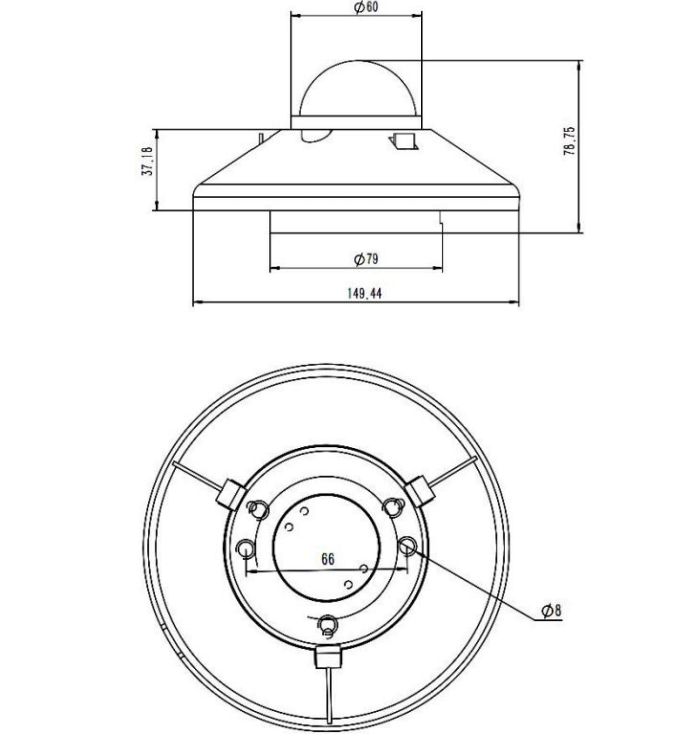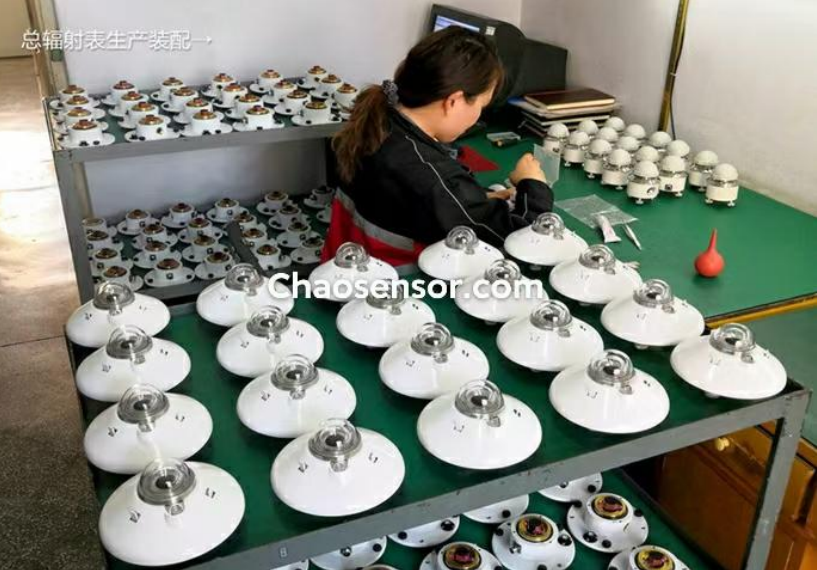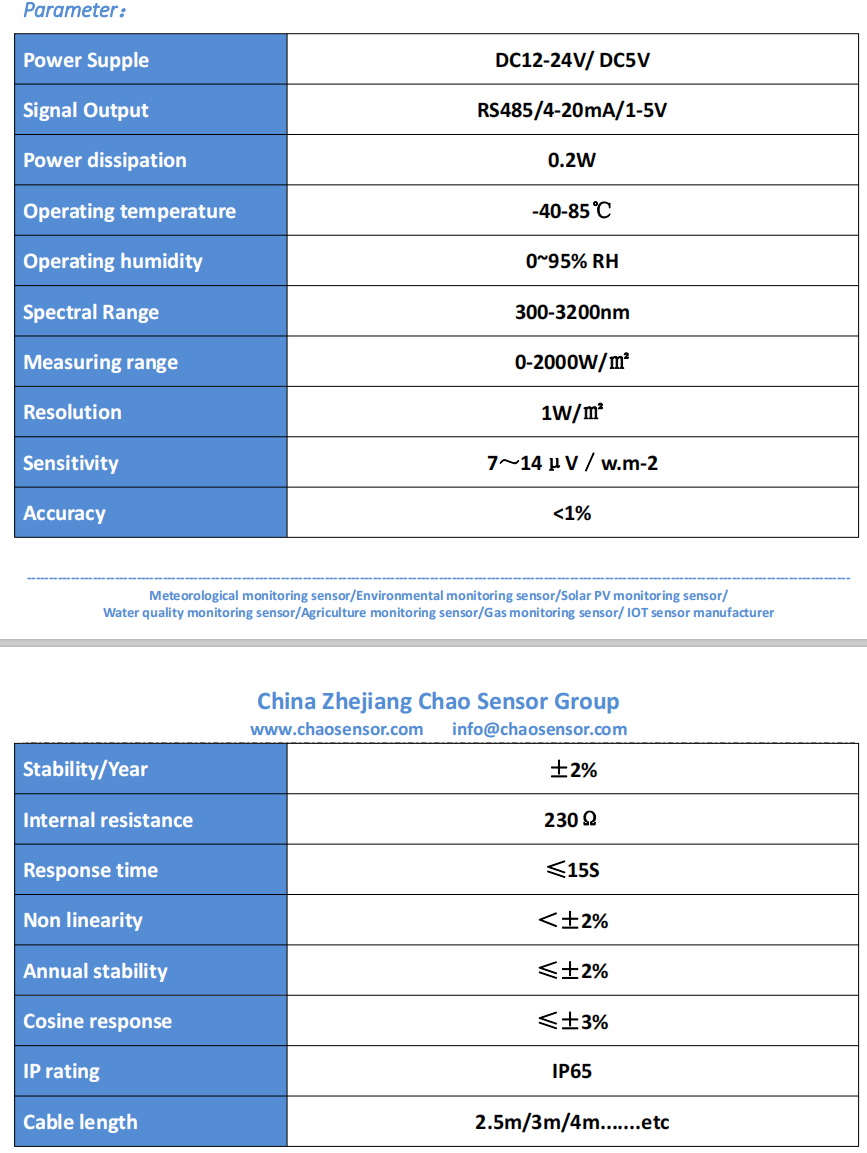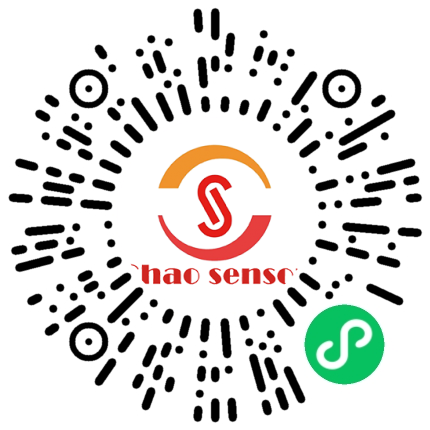


Application:
The total radiation meter is used to measure the total solar radiation in the spectral range of 0.3 to 3μm. It
can also be used to measure the solar radiation incident on the inclined plane, such as the reflection
radiation can be measured by induction facing down, such as the scattered radiation can be measured by
masking the halo. Therefore, it can be widely used in solar energy utilization, meteorology, agriculture,
building materials aging and air pollution and other departments to do solar radiation energy
measurement.
Working principle:
This solar total radiation meter is based on the principle of thermoelectric effect: the induction element is
wound electroplated thermoelectric reactor, and its surface is coated with black coating with high
absorption rate and high emissivity, which can ensure that the deviation between the azimuth response
and cosine response of the meter is very small. The hot contact is on the induction surface, and the cold
node is located in the body, and the hot and cold contact produces the thermoelectric potential. And then
converted to the radiant flux density.
Selection of windproof glass hemisphere cover: JGS3 quartz glass from the United States is adopted. The
transmittance of glass is evenly and smoothly maintained above 0.95 in the range of transmittance
wavelength from 350 to 2600 nanometers. The windproof glass cover is double-layer, and the inner cover
has isolation function on the infrared band, so that the radiation measurement can be limited to the
short-wave part, and the inner cover can isolate the infrared radiation of the outer cover.
The integrated circuit composed of precision devices is placed in the instrument to compensate the
nonlinearity of the instrument output and reduce the influence of temperature and nonlinearity
Installation and use:
The table should be installed in the surrounding open, above the induction surface without any obstacles.
Then adjust the horizontal position of the radiation meter cable plug to the north, and fix it firmly. Then
connect the output cable of the total radiation meter with the recorder, and you can observe. It is best to
fix the cable firmly on the mounting frame to reduce breakage or intermittent interruption in windy days.
Pay attention to:
1. The total radiation is the most commonly used meteorological offices and stations for radiation
observation instruments, the first thing to consider is the installation of site condition, to make the upper
hemisphere cover without obstacles block glass, make whole hemisphere radiation from the open, to
ensure the obstacle don't keep out the direct solar radiation, therefore in the east and the west instrument
shall have good observation conditions.
2. Install the radiation meter horizontally on the observation platform, make the output plug of the meter
face north, adjust the level and fix it, and then connect the output line of the general meter with the
recorder.
3, when the hail should stop observation, buckle the protection cover. In order to ensure the accuracy of
data, observers should regularly wipe the dust on the glass cover, and if desiccant silica gel particles are
found to change color, they should be replaced in time.


